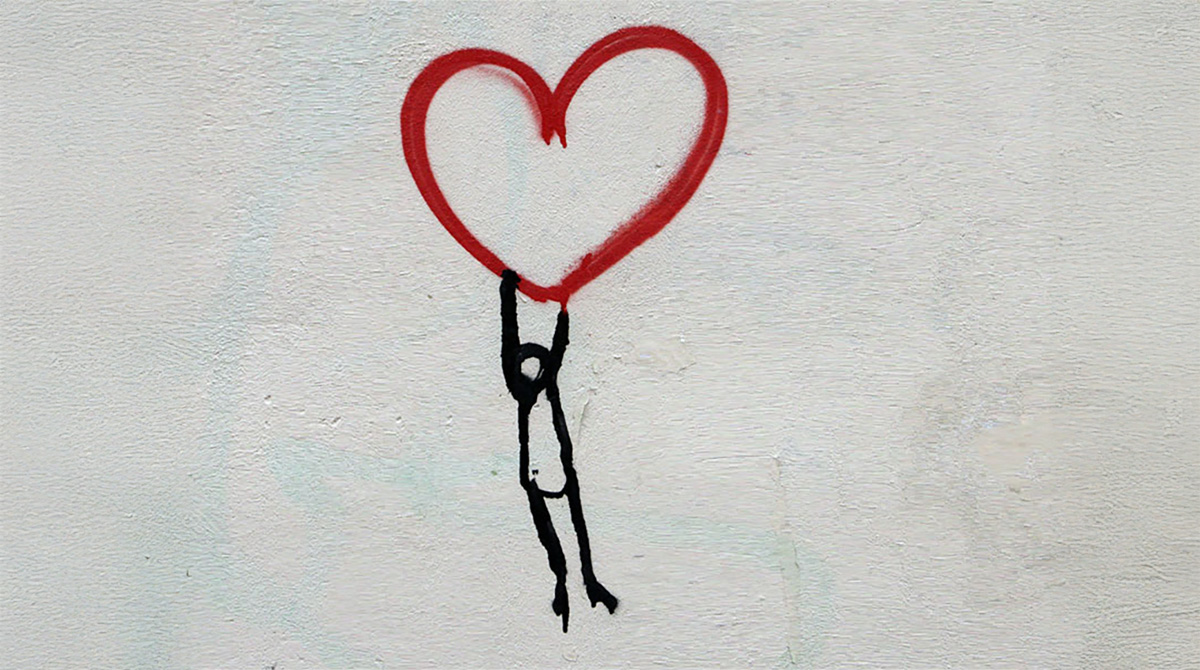This Harmonious Order of Things: Boethius: The Big Ideas (Excursus I)
Whenever I am feeling down, or confused, or overwhelmed by the particular situation I find myself in I turn to philosophy. And yes, I do recognize how pretentious that statement sounds – but regardless it is still very true.
Reading philosophy allows me to see things on a grander scale. It pulls me from my insulated bubble and lets me frame my thoughts in both a historical and intellectual Big Picture. And that is becoming more and more necessary in recent days.
At the time I am writing this midway through 2018 the political situation in the United States is…tenuous. The current administration is polarizing to say the least and many of the beliefs I hold dear and the institutions I admire are being eroded and often destroyed outright. But there is more to this than simply a political or ideological disagreement. As this polarization grows, seemingly on a daily basis, I find myself at odds with friends and family that I had good relationships with and while we didn’t always agree I could often respect their position. Where once we could ‘agree to disagree’ and move on with the knowledge that even though we held opposing views on a particular subject there was always middle ground – and that middle ground is that we always wanted what was best for ourselves and each other.
That I fear is not always the case these days.
And as the divide grows between us and our arguments grow more ferocious and the anger increases and the words we use harsher I find myself more and more on edge. Something has happened. Something bad. And I grow more despondent as the days march on and the civil discussion devolves into falsehoods, innuendo, and insults.
This is not a happy time. And so I retreat to philosophy to attempt to find an answer, or at least a consolation. And that of course led me to Boethius.
I say “of course” because Boethius wrote the book on the consolation of philosophy. Literally, he wrote a book called the Consolation of Philosophy. This is a highly influential work that deals with the idea of justice, why bad things happen to good people, and the nature of God. You know, your basic light reading.
Boethius was a sixth century Christian philosopher and politician (among other things) from Rome who was accused of treason and was exiled to an island and placed under house arrest while he awaited trial. While under house arrest he wrote what is easily his most famous work Consolation of Philosophy. It is written as a sort of Platonic dialogue where he (Boethius) is visited by Lady Philosophy, the literal embodiment of philosophy, and the two have long discussions where Lady Philosophy attempts to educate (or more precisely diagnose) Boethius and comfort him as he awaits trial.
The two touch on many subjects, as I mentioned, and honestly any one of those discussions could be germane to what I’m talking about today but for my purposes I’m going to focus on one short poem that has resonated with me since the first time I read it.
It is often called Love Is Lord of All and comes at the very end of Book II.
Here it is in a prose translation:
That the universe carries out its changing process in concord and with stable faith, that the conflicting seeds of things are held by everlasting law, that Phoebus in his golden chariot brings the shining day, that the night, led by Hesperus, is ruled by Phoebe, that the greedy sea holds back his waves within lawful bounds, for they are not permitted to push back the unsettled earth – all this harmonious order of things is achieved by love which rules the earth and the seas, and commands the heavens.
But if love should slack the reins, all that is now joined in mutual love would wage continual war, and strive to tear apart the world which is now sustained in friendly concord by beautiful motion.
Love binds together people joined by a sacred bond; love binds sacred marriages by chaste affection; love makes the laws which join true friends. O how happy the human race would be, if that love which rules the heavens ruled also your souls!
— Book II, Poem 8 (translation: Richard Green)
This beautiful bit of wisdom that comes fairly early in the text is in essence what the whole of the Consolation of Philosophy is all about. Boethius – or rather Lady Philosophy – will go on in great detail to describe the nuance of various points about justice, fortune, the nature of evil, and others but it will all boil down to this one idea: love.
And this is meant both literally and figuratively. There is a medieval idea that Love is the principal harmony in the universe. In the cosmology of the time Earth was the center of the universe and it was surrounded by the Spheres where the planets and stars and the heavens existed. These were governed by Planetary Intelligences that were in turn were governed by God. And everything moved around in accordance with Devine Will. God loved the universe and the universe loved God and so that kept the heavens in motion.
Love literally makes the world go round.
Nowadays of course we see this as purely metaphor, but still it’s a powerful one. Lady Philosophy is saying that just as the sun will rise at dawn (Phoebus in his golden chariot brings the shining day) and the moon comes at night (that the night, led by Hesperus, is ruled by Phoebe) there is an order to things. And that order is Love. Love binds us together, as in heaven so below.
And what she is saying essentially, if you want to break this down to a simple basic idea, is that when we love each other we get along. If we stop loving each other – if we “slack the reins” – we fall apart, we go to war, we say terrible things on Twitter and Facebook.
So how does this help the reality that the United States in 2018 is slowly imploding and drowning in a cesspool of hate? Well I’m not here to say that Love will save us. I’m not so naïve to I believe that if we all loved real hard and sang kumbaya that we’d suddenly get along and have universal health care.
But what this idea of love can do is perhaps temper out tempers and bring a rational and calm demeanor back to our relationships. We should start with ourselves, then our families, neighbors and friends. If the order of the universe is to love – and I truly believe that we really do start with the best intentions – then we can start changing attitudes if not minds as well.
As I said in the beginning philosophy helps me put things in perspective. For me philosophy – the Big Ideas – allow us to turn inward to see ourselves as something more than liberal or conservative, red or blue, us or them. And when we start seeing ourselves as more than the labels we choose for ourselves we start to see others that way too.
If nothing else using philosophy I can look at this situation we all find ourselves in and instead of immediately reacting with animosity and lashing out with hateful words I can take a moment, think about the way I want to react and respond with a more loving tone. I don’t have to like what you have to say, but I don’t have to hate you because you said it. That’s not exactly universal love, but it’s a start.
And we can take consolation in that philosophy.












Likhon chowdhury says:
Conor says:
Andy Garcia says: